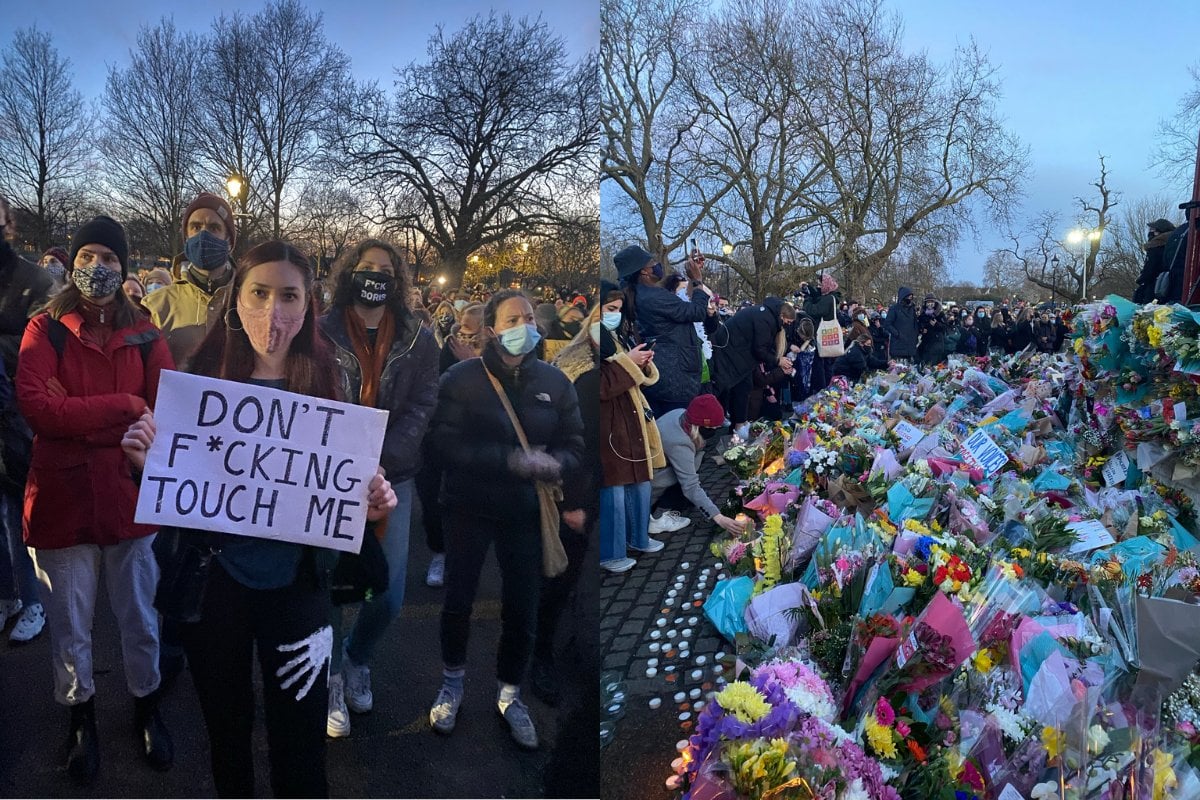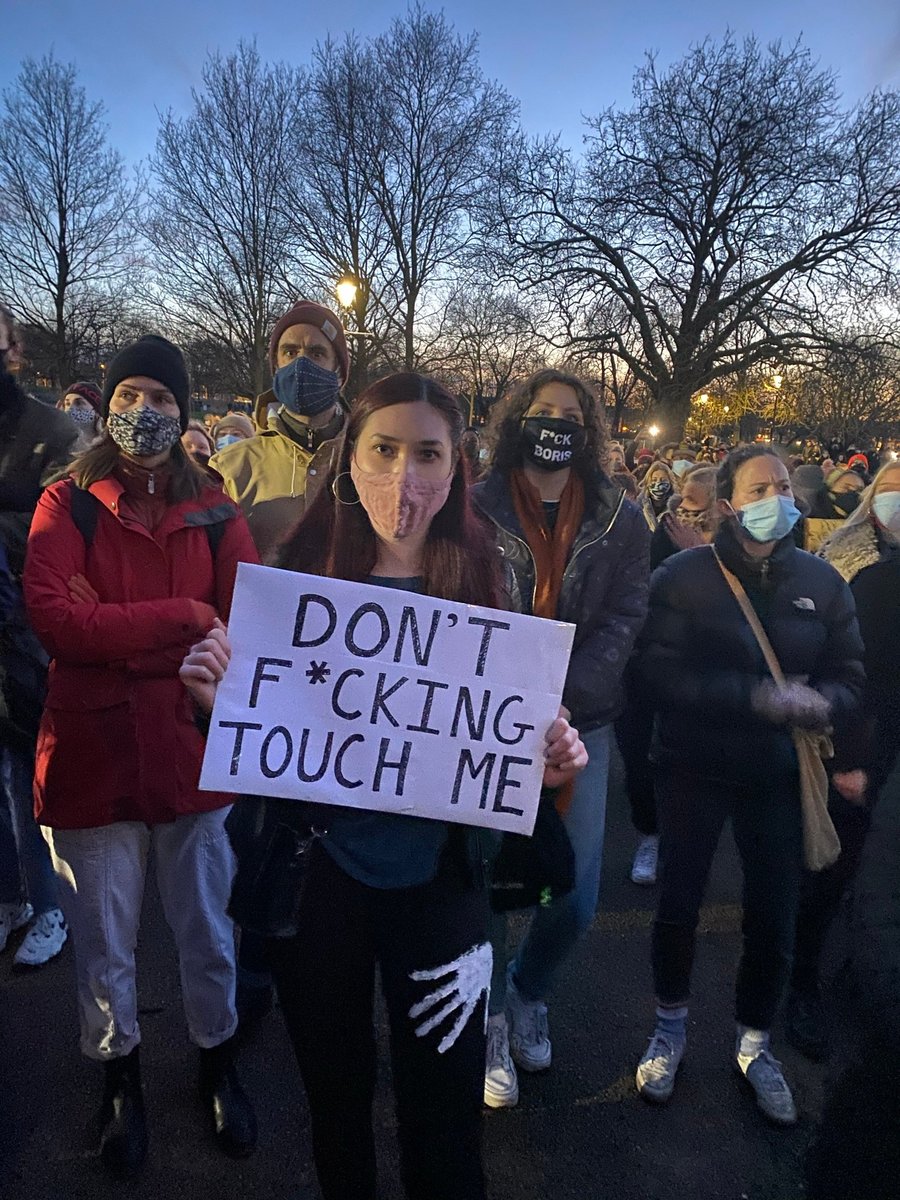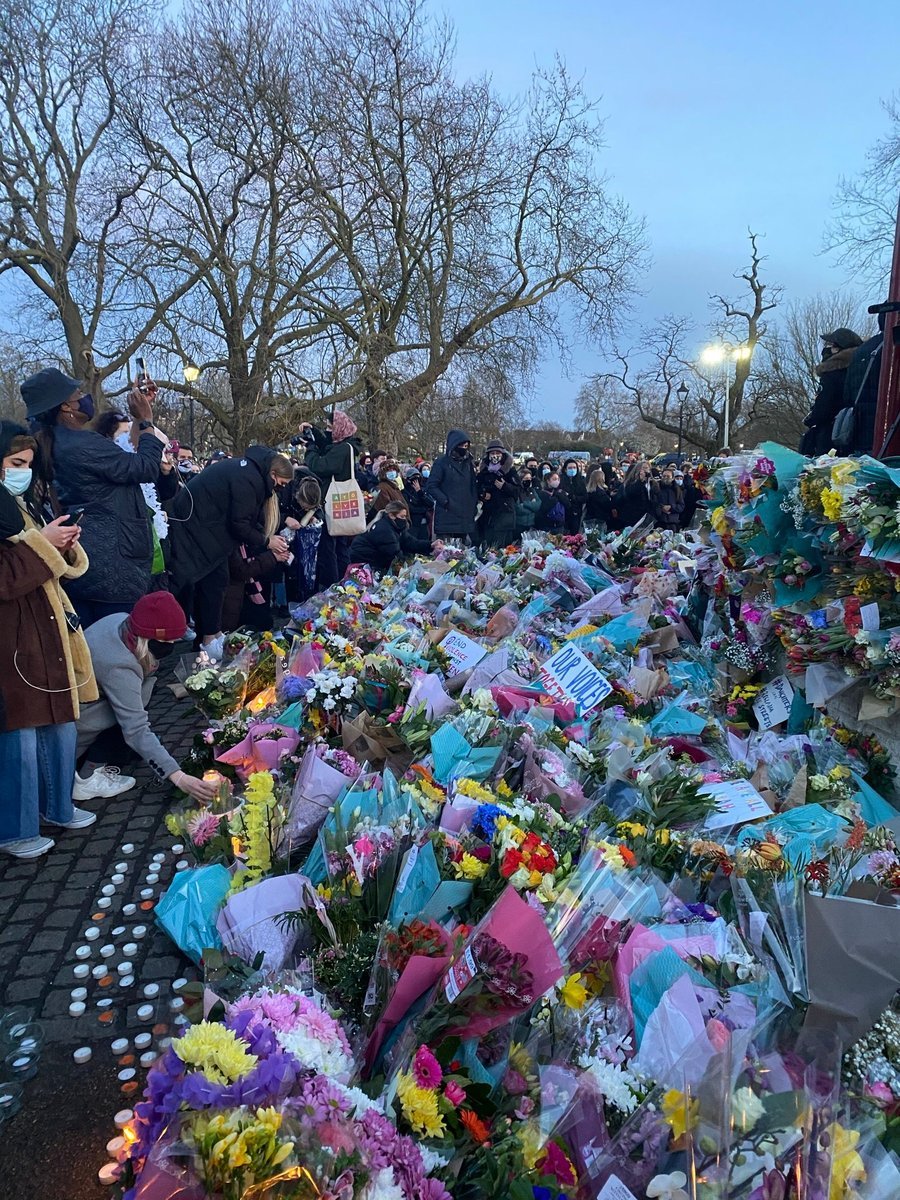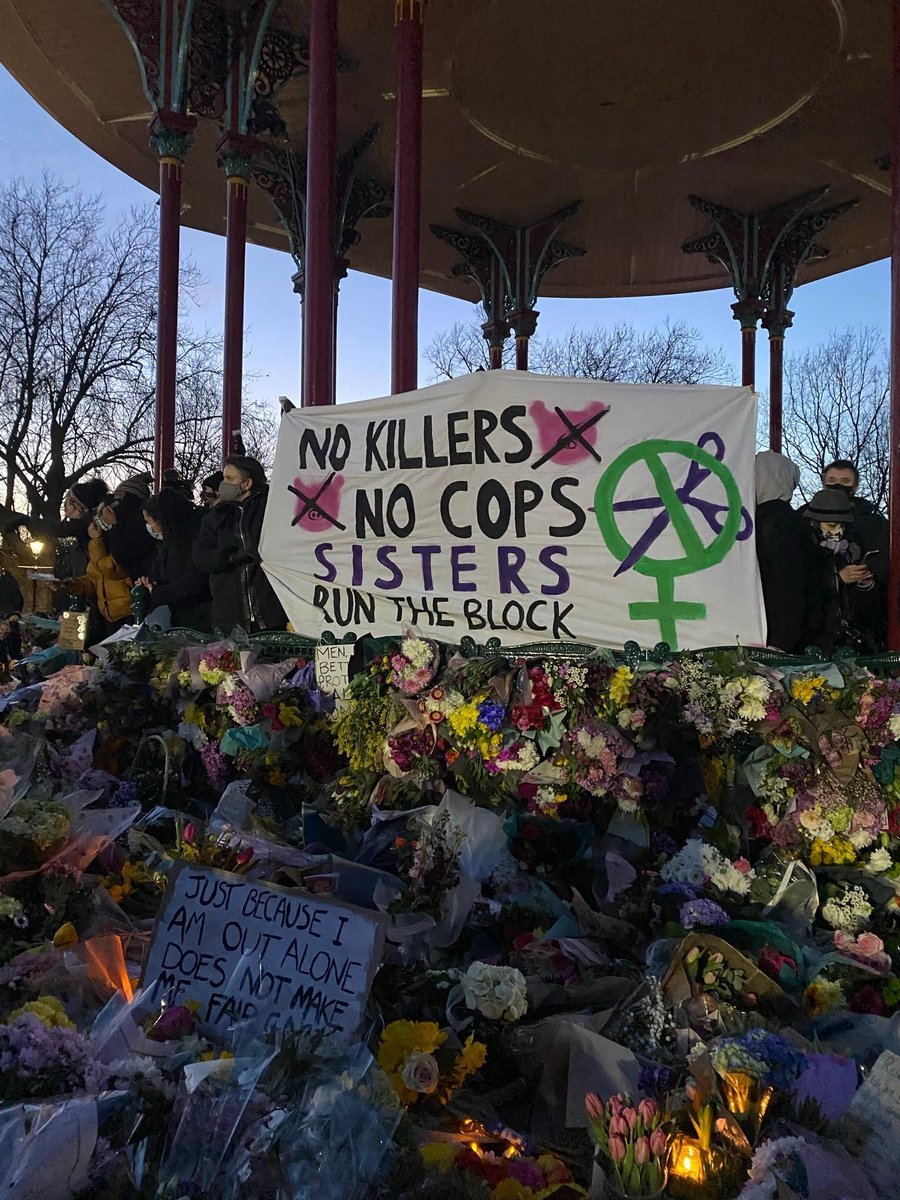
This post deals with sexual assault and might be triggering for some readers.
I’ve lived in London for five years, but the past week has felt like no other.
A senseless act has shifted the ground beneath the feet of every woman in this city.
There’s a sudden tension in the air. A difficult gaze between strangers walking past each other on the street. The underlying knowledge of what happened.
Watch: Women and Violence, the hidden numbers. Post continues below.
We’re all on high alert.
And for the first time in my life, I haven’t felt safe enough to walk out my front door at night.
A front door just three kilometres from where Sarah Everard was last seen before she was murdered.
All because I know it could so easily have been me.
At 33, Sarah was just a year older than me. She was my height, my build and we even worked in the same industry.
And on the evening of Wednesday, March 3, just like Sarah, I was also walking home from a friend’s house in Clapham at 9pm.




Top Comments